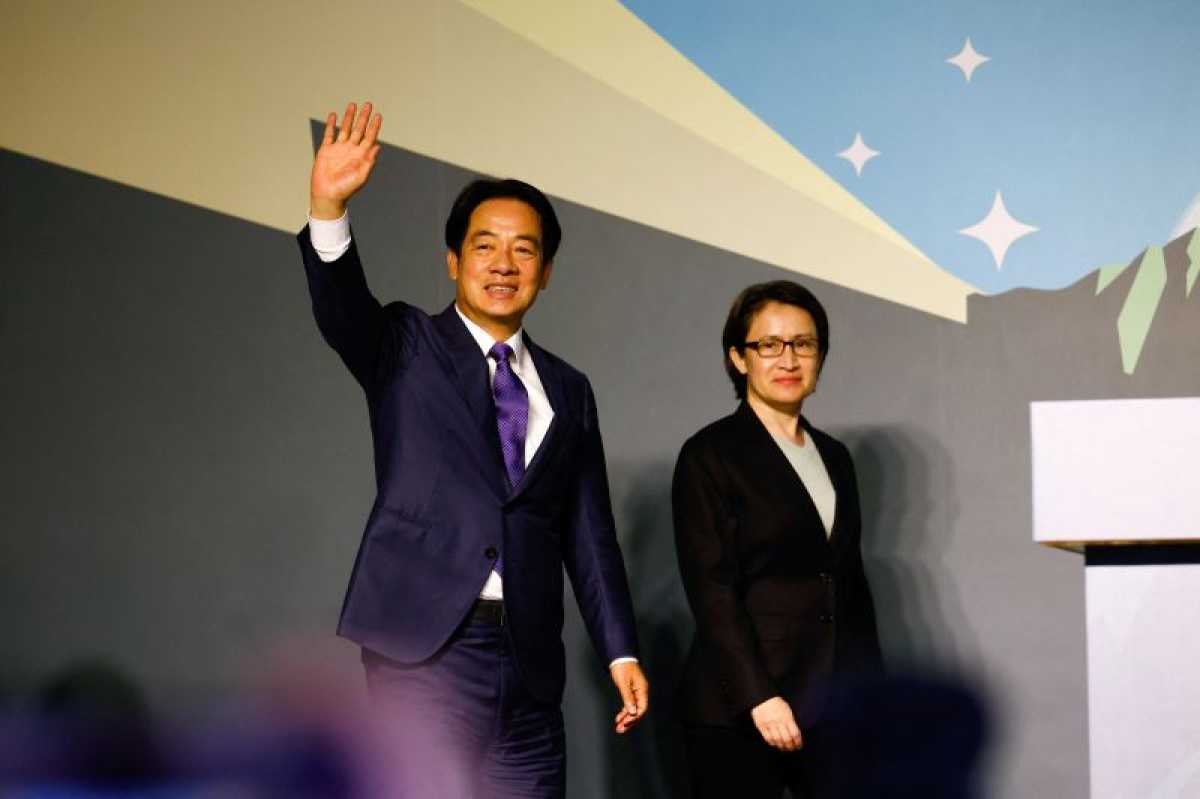Politics
China Reiterates Reunification Stance as Taiwan Elects New President

China reaffirmed its stance on the reunification with Taiwan after the island elected its new president. President-elect William Lai Ching-te, from the governing Democratic Progressive Party (DPP), secured 40.1 percent of votes despite China’s warnings against voting for him. In his victory speech, Lai expressed gratitude to the Taiwanese people and emphasized their commitment to democracy.
China’s Taiwan Affairs Office spokesperson, Chen Binhua, stated that Taiwan belongs to China and that the DPP does not represent the majority opinion on the island. However, Binhua maintained that the election results would not impede China’s pursuit of reunification. While Taiwan governs itself, China still claims sovereignty over the island and its outlying territories.
President Joe Biden of the United States stated that his administration does not support Taiwan’s independence. Secretary of State Antony Blinken congratulated Lai on his victory and highlighted the importance of cross-Strait peace and stability. Russia continues to view Taiwan as part of China, and the EU welcomed Taiwan’s election while expressing concerns about growing tensions in the Taiwan Strait. British Foreign Minister David Cameron called for peaceful dialogue between Taiwan and China, and Japan praised the democratic election and deepening cooperation with Taiwan.
In Canada, the Ministry of Foreign Affairs congratulated the people of Taiwan and expressed interest in advancing various ties. Lithuania’s foreign affairs minister, Gabrielius Landsbergis, also commended Lai’s victory and celebrated the strength of free and fair democracy in Taiwan. Al Jazeera and various news agencies reported on the reactions and developments in the region.












